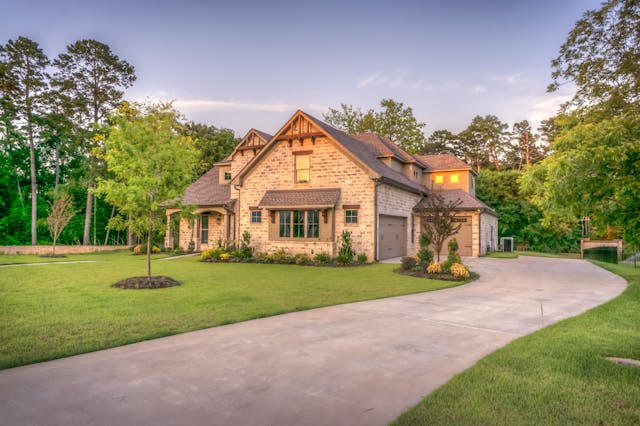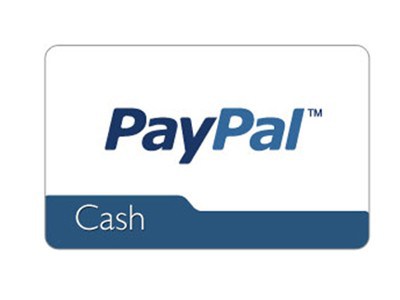
When it comes to buying a house, applying for and paying a mortgage is only one part of the picture. Owning your home can be extremely expensive, especially if you purchase a property that needs a lot of repairs or adjustments to become a home that meets your needs or is at least habitable.
For many prospective homeowners, the allure of purchasing a property can overshadow the potential financial strain. Overextending yourself can lead to buyer’s regret and put you in a precarious financial position. It’s crucial to be cautious and realistic about your financial capabilities when considering homeownership to avoid unnecessary stress and financial burden.
For context, Hawaii has the highest hidden fees for homeownership, at just over $29,000, while Kentucky has the lowest, at around $11,000 (figures courtesy of Bankrate).
And this includes the points raised below and factors such as closing costs, inspections, etc.
So before you jump in with both feet and kick off your property search, consider these final aspects of homeownership to ensure that you can meet your financial obligations.
Sometimes called the hidden costs of homeownership, let’s take a look at what you can expect to pay once you become the proud new owner of the property.
Taxes
Property taxes can vary from state to state and even zip code in some cases. While you might be able to afford the mortgage, not being able to afford the taxes on your property can land you in hot water with the federal government.
The average rate of taxes for homes of nationality is 1.1%, but this can vary greatly from state to state, township to township, city to county, etc. Taxes can increase your mortgage payment by around $500 and over $1,000 in some cases.
While there are often incentives for buying in certain locations, such as Act 60 tax incentives, which are specific tax benefits offered in certain areas, these often come with strict rules and criteria you need to meet. Act 60 tax incentives, for instance, are a set of tax benefits offered to homeowners in certain areas, usually those with a high cost of living, to help offset the financial burden of homeownership. So before you sign on the dotted line, make sure you’re aware of your monthly tax obligations to ensure you can afford to make this payment.
HOA or Condo Fees
Buying your home in a condo or an HOA can greatly increase your monthly payments as they come with added services and restrictions over what you can and cannot do with your property. These can include maintenance of common areas like the lobby, swimming pool, or gym, landscaping, and rules about exterior modifications such as adding a patio or changing the color of your front door. While they seem like a good investment on paper, being beholden to rules and payments simply for living in a home you own can be expensive.
Typically, these service charges are payable monthly and cover a range of services or use of amenities; however, failing to pay can result in you having a lien placed on your property or losing your home to unpaid fees. And remember, while they might be affordable upon moving in, these types of fees can and do rise over the years, so this is something to consider.
Insurance
While not exactly a hidden expense, anyone looking to buy a home knows they need homeowners insurance coverage. The cost of the insurance can sometimes be a problem over time as premiums are rapidly increasing, with some homeowners reporting their premiums have doubled year on year. The premiums are included in your mortgage payments, so this, too, can cause your mortgage repayment to rise alongside changes in inflation and interest rates.
One often overlooked aspect of homeowners insurance is understanding what your insurance policy covers. It’s not just about the cost of the premiums but also about being informed about what you’re paying for. Reading the fine print and understanding your policy can prevent any unpleasant surprises when you need to make a claim, making you feel more in control and prepared for any eventuality.
General Repairs and Upkeep
As a homeowner, you are responsible for repairs and maintenance. Unlike renting, you can’t just call a landlord to fix things. This responsibility can be a significant financial burden, but being prepared for it is part of homeownership.
The cost of upkeep, repairs, and modifications can vary greatly. It all depends on the type of work your home needs, how well you care for it, the quality of construction, and so on. Home repairs and upgrades, for example, a new roof boiler, windows, and doors, or even extensions, can run into thousands of dollars, and over the years, this cost can add up, especially if you’re reliant on taking on additional credit to afford the cost. Be prepared for the financial investment a home requires to ensure it remains habitable and retains its resale value should you need to sell it.
Cost of Living
While not exclusive to homeowners, the cost of living can significantly impact your lifestyle and your ability to afford to live in a specific area. Some states simply have higher living expenses and taxes on things like groceries than others, meaning if you relocate, then the day-to-day living costs can eat into your budget more. What this means for homeowners is that you might struggle to be able to afford basic things like transport, car ownership, grocery bills, heating, and electricity once you have paid all of your other expenses and outgoings.
Always think about the cost of living alongside the costs of owning your house to determine if you can actually afford it and be releastic about costings and outgoings. After all, what is the point in being able to own your own home if you’re going out to need to be at work so much to pay for it you can’t even enjoy it or spend time there! Being aware and responsible about the cost of living can help you make a more informed decision about homeownership.



